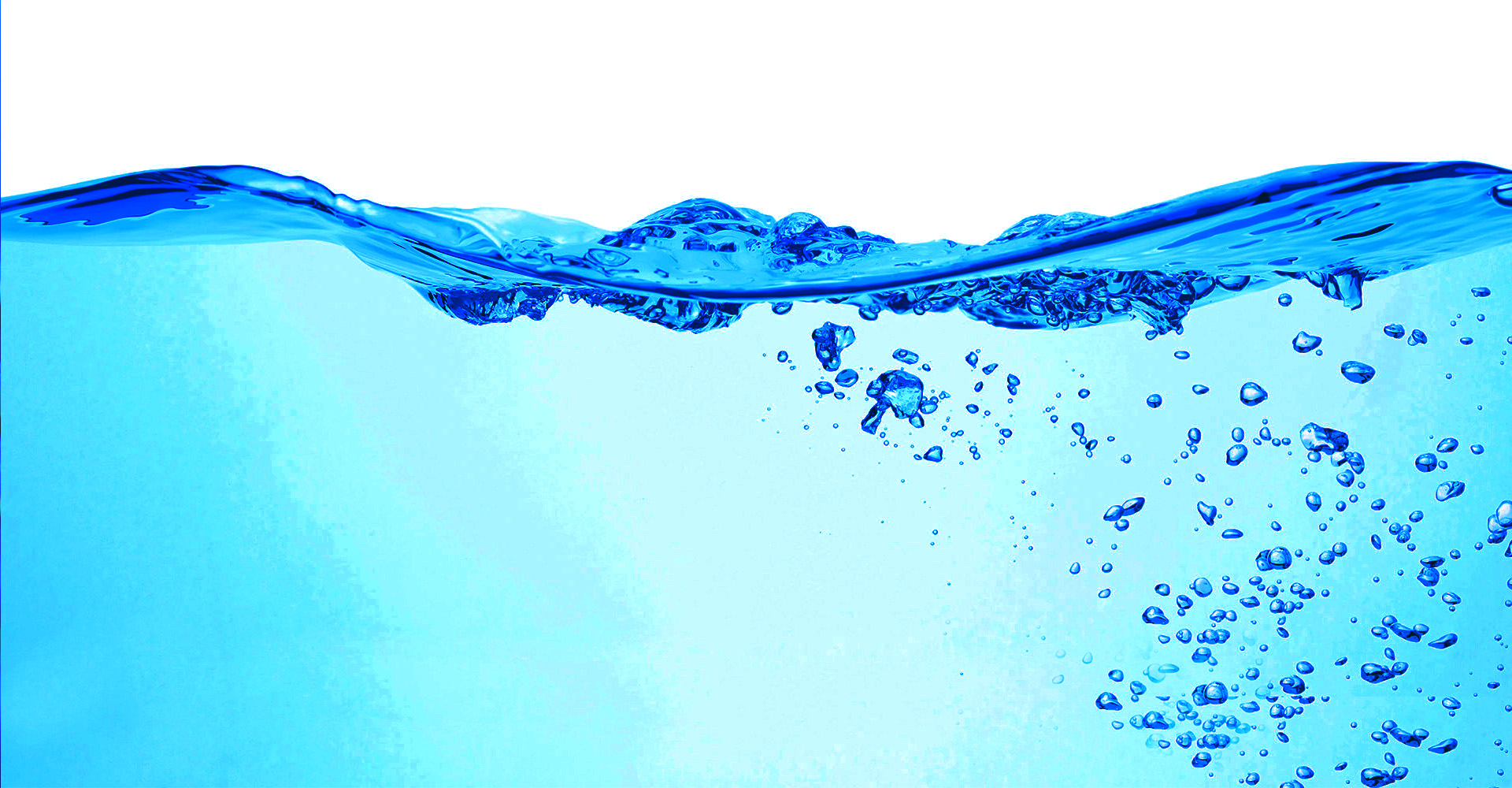
Water damage in homes and businesses is a common and costly expense. For families, it’s an unanticipated inconvenience and expense; for businesses, it also has immediate consequences on productivity and revenue.
Understanding the main causes of water damage in residential and commercial settings can help property owners mitigate their risk and make informed decisions about water damage remediation.
Learn more about our specialty restoration services today. Find a Prism Specialties location near you.
Luckily for homeowners, the most common causes of water damage in homes are preventable. That may be cold comfort for the 40% of homeowners who experience a loss due to water damage, but with regular HVAC and plumbing maintenance, property owners can greatly reduce the risk of a water-related issue.
Older plumbing is especially vulnerable to leaks and failure. From minor leaks to frozen pipes, regular inspection is the best way to identify issues before they cause water damage. Homeowners can also monitor changes in their monthly water bill for gradual or sharp increases.
Leaking or malfunctioning appliances pose real risks for homeowners. While many manufacturers include certain safety features to reduce the risk of water-related issues, they aren’t failproof. Dishwashers, washing machines, and water heaters can leak or break completely, unleashing thousands of gallons of water in a matter of minutes.
Leaking or malfunctioning appliances pose real risks for homeowners. While many manufacturers include certain safety features to reduce the risk of water-related issues, they aren’t failproof. Dishwashers, washing machines, and water heaters can leak or break completely, unleashing thousands of gallons of water in a matter of minutes.
Sprinkler/irrigation systems are a common cause of water damage in homes and businesses. At home, external sprinklers can leak underground, causing water to collect near the home’s foundation or basement. Unexpected cold weather can cause sprinkler lines to freeze and burst much faster than your home’s main water lines. Be sure to work with an experienced irrigation professional to maintain your system, and turn off the water supply well before cold weather sets in.
These leading causes of water damage are preventable, but even well-maintained homes have issues in the short and long term. A water-damaged home can be restored to pre-loss condition often at substantially lower costs than total replacement.
Routine inspection and maintenance are already a part of a facility manager’s daily routine. The causes of commercial water damage are similar to those in households, but the consequences can be exponentially larger due to the value of equipment, electronics, and documentation stored onsite.
Leaking roofs are the leading cause of commercial water damage in the US. 15% of all commercial water damage claims are due to leaking roofs, poor roof drainage, ice damage, or related problems. To avoid these problems, property owners must take a proactive approach to roof maintenance and repair.
Multistory buildings are especially susceptible to toilet-related plumbing issues. Toilets rival roofs as the most likely cause of commercial-property water damage, largely due to their frequent use and often complex piping.
Interior sprinkler systems may save a business from a fire, but malfunctions can ruin an entire building’s electronics or sensitive machinery in minutes. Sprinkler malfunctions cause as much as 14% of water damage in commercial buildings, on par with toilets. Like residential systems, landscape irrigation can also pose a leak or flood risk to commercial properties, too.
As occupancy rates decline in commercial buildings, water damage claims increase. Leaks and clogs in vacant buildings are much less likely to be identified early on, turning minor problems into major loss events. Property owners should shut off the water supply when it isn’t needed and frequently inspect facilities that aren’t in regular use.
Commercial property manager may face additional challenges from water incidents, including:
Various types of water damage may pose additional costs. For example, contaminated water from industrial facilities or natural disasters requires additional restoration techniques that result in higher recovery costs.
Most home insurance policies cover water damage from an accidental source in your home, such as a burst pipe or malfunctioning water heater or dishwasher. Water damage from storms or floods from heavy rains, rising rivers, or broken dams typically requires additional flood insurance coverage.
Check your policy or consult your agent to clarify what types of water damage are covered.
In most cases, renters insurance will cover water damage caused by burst pipes or leaks as long as they’re not the result of negligence. Like homeowners insurance, renters insurance rarely covers any damage from outside sources, including hurricanes or other storm damage.
Homeowners can avoid increased insurance premiums by paying for water-related damage out-of-pocket. If the estimated costs of remediation are less than your deductible or you’ve filed several claims over the past few years, it may be better to pay cash or use other forms of financing.
Commercial property insurance usually covers minor damage from burst pipes and sprinkler systems. Always keep your insurance policy up to date and include water damage coverage if you install fire mitigation systems.
Prism Specialties. All right reserved. | Powered by Momentum